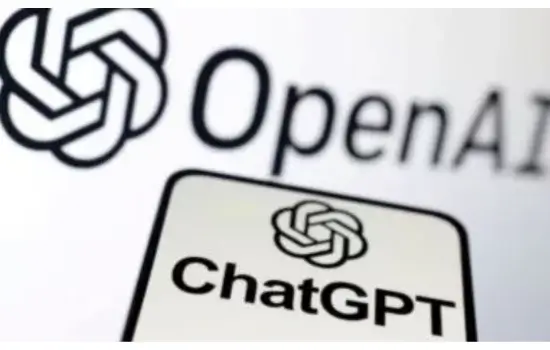A coalition of Canada’s leading media organizations has initiated a landmark lawsuit against OpenAI, the developer of ChatGPT, alleging unauthorized use of their journalistic content to train its AI models. The plaintiffs include prominent outlets such as The Globe and Mail, The Canadian Press, CBC/Radio-Canada, the Toronto Star, Metroland Media, and Postmedia.
Allegations of Unauthorized Content Scraping
The lawsuit, filed in Ontario’s Superior Court of Justice, claims that OpenAI has been “deliberately and without authorization” scraping news websites to gather content for training its generative AI systems. The media companies argue that this practice constitutes a clear violation of intellectual property rights, allowing OpenAI to profit unjustly from their investments in journalism.
Paul Deegan, president of News Media Canada, criticized AI companies for “strip-mining journalism” and enriching themselves unlawfully at the expense of publishers.
Seeking Substantial Damages
The plaintiffs are seeking up to 20,000 Canadian dollars in damages for each unauthorized use of their articles, which could amount to billions if the court rules in their favor. They also demand a share of the profits OpenAI has derived from using their content and an injunction to prevent further unauthorized use.
OpenAI’s Response

OpenAI asserts that its AI models are trained on publicly available data and that such use is protected under “fair use” principles. The company emphasizes its commitment to collaborating with news publishers, offering mechanisms for content opt-out, and providing proper attribution and links to original content in ChatGPT’s search features.
A Global Trend of Legal Challenges
This lawsuit is part of a broader global movement where media organizations are challenging AI companies over the use of their content. In the United States, similar legal actions have been initiated by The New York Times and other publishers against AI firms like OpenAI and Microsoft. Some media companies have opted for licensing agreements with AI developers; for instance, The Associated Press and The Atlantic have entered into such deals with OpenAI.
Implications for the Future of AI and Journalism
The outcome of this lawsuit could significantly impact the relationship between AI developers and content creators. A ruling in favor of the media organizations may lead to stricter regulations on how AI models are trained using copyrighted material and could necessitate more licensing agreements. Conversely, a decision favoring OpenAI might reinforce the application of fair use in AI training, potentially affecting the financial models of news organizations.
As AI technology continues to evolve, this case underscores the necessity for clear legal frameworks that balance innovation with the protection of intellectual property rights. The resolution will likely set a precedent for how AI companies interact with proprietary content, influencing both the tech industry and the field of journalism.

